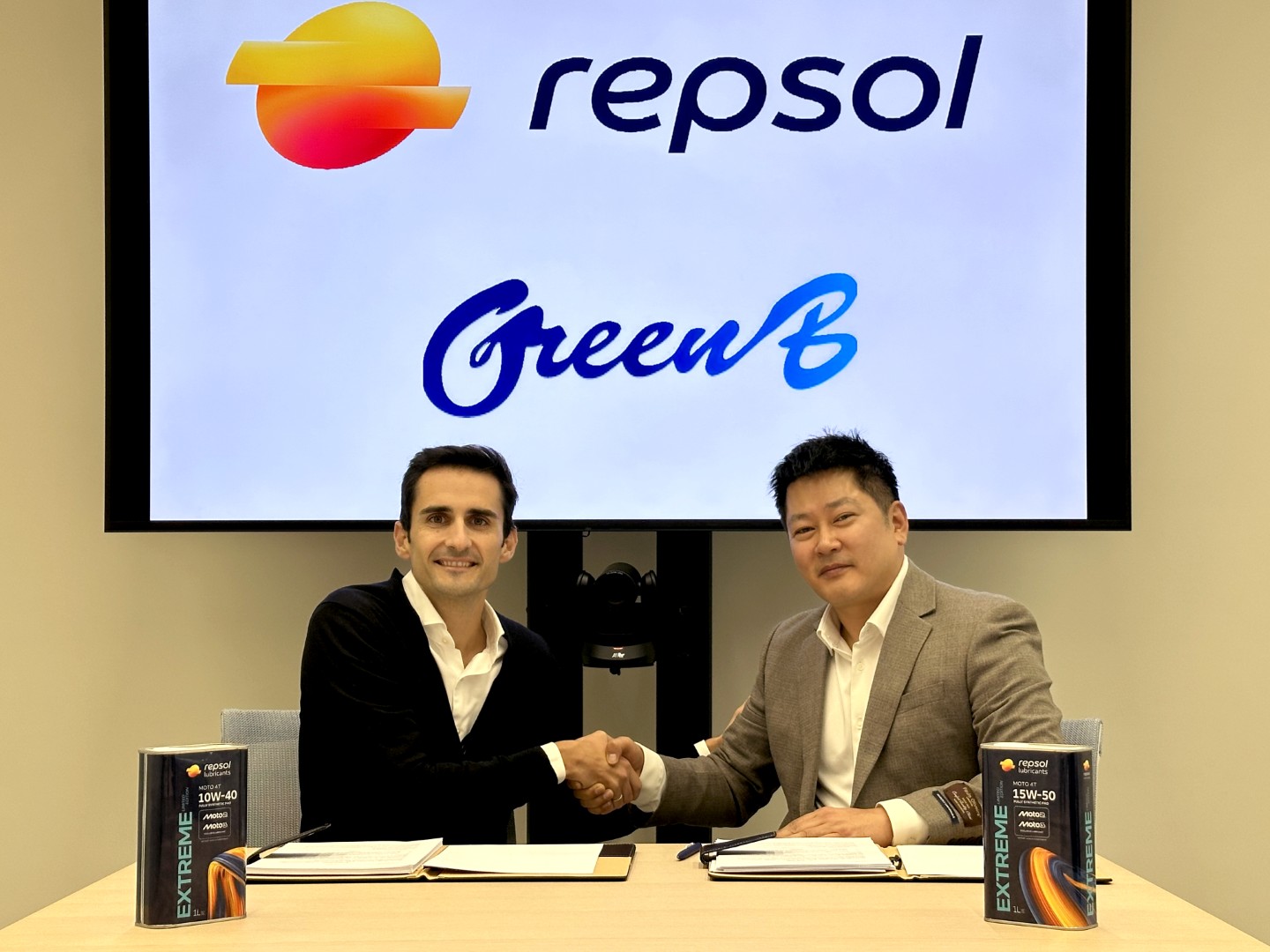Know whether your motor oil is up to par: here are the top international lubricant standards

In the automotive industry, lubricant quality is essential to guaranteeing engine performance and durability. To ensure that motor oils meet the minimum standards, various international organizations have set rigorous rules and requirements for all products.
Let's take a look at exactly what these organizations do and why it's important for motor oils to meet their requirements.
API: American Petroleum Institute
The API or American Petroleum Institute is a US-based organization representing over 400 oil and gas industry companies. Its mission includes certifying oils through a system establishing minimum standards of quality. These standards are designed to ensure that all lubricants deliver adequate performance under all kinds of conditions.
API classifies oils into different categories according to engine type. Here's a quick rundown of the categories currently used.
- API CH-4, CI-4, CJ-4, and CK-4: for heavy diesel vehicles, such as trucks and industrial machinery. Each category represents an evolution in motor oil technology with improved protection against wear and rust, as well as lower emissions levels.
- FA-4: for heavy diesel vehicles with lower fuel consumption. This category is not compatible with others.
- API SJ, SL, SM, SN, and SP: for light gasoline vehicles. Just like the first category, here we can find the latest advances in oil formulas.
To verify that an oil is API-certified, simply use this link to look it up in their free directory or check whether this seal appears on the label.
ACEA: European Automobile Manufacturers' Association
The ACEA or European Automobile Manufacturers' Association represents 15 of the top European auto manufacturers. The ACEA designs motor oil standards that ensure their compatibility and performance in vehicles on European roads.
As opposed to the API, which sets minimum standards all oils must meet, ACEA's standards are much stricter in certain respects, taking into account the specific needs of European engines and how they may differ from US standards due to design factors or environmental regulations.
Another important seal of approval belongs to EELQMS or European Engine Lubricants Quality Management System, which embraces various European, North American, and global quality standards, test methods and procedures, along with industry codes of practice and ACEA requirements.
Manufacturer standard
On top of meeting API and ACEA standards, vehicle manufacturers often set their own additional requirements for lubricants. These tend to be stricter, as they are based on the specific characteristics of each manufacturer's engines.
These manufacturer-designed standardization processes generally include physical and chemical analyses and tailored engine testing procedures. Only a motor oil that passes these tests can obtain a manufacturer's seal of approval certifying that it is safe and suitable for use in their engines.
This is why manufacturer standards provide an extra guarantee of quality, affirming that a given motor oil not only meets the minimum requirements but will also deliver optimal engine performance.
Always choose high-quality lubricants
To make sure a motor oil is suitable for your engine, it's important to verify that it meets API and/or ACEA standards as well as those specified by vehicle manufacturers.
All these standards and certifications ensure that lubricants provide the protection and performance needed to keep engines working efficiently and prolong their useful life.
Related contents



